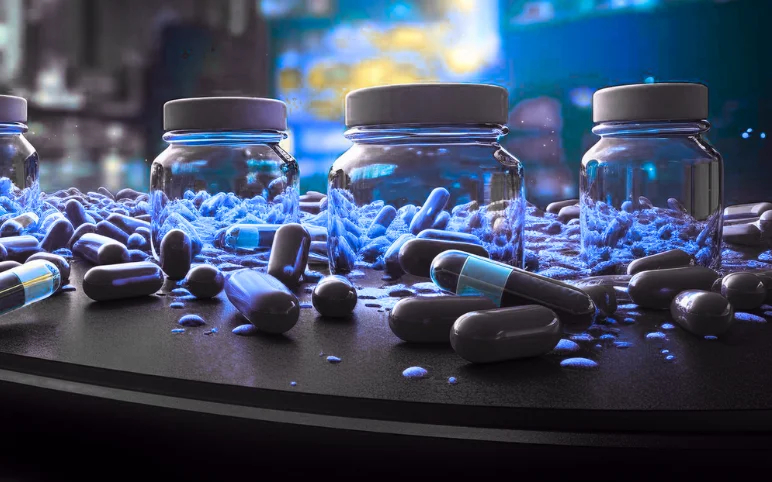U.K. weighs drug rationing as NHS England’s budget tightens: report
Patients in the U.K. face yet another barrier to access as a tough budget situation has forced the country’s healthcare system to consider rationing costly drugs. Among them are medicines from Johnson & Johnson, Merck and Roche. Beginning in April, cancer patients and others could have to line up for medicines that cost NHS England more than £20 million per year, The Times reported. That’s even after those meds have been deemed cost-effective by the National Institute for Health and Care Excellence (NICE). The move comes at a troublesome time at NHS, as its chief executive, Simon Stevens, said publicly this month that Prime Minister Theresa May was “stretching the truth” about the agency’s budget. He said NHS received “less than we asked for” from the British government.
Applying Digital Technologies to Profit from Change in the Pharma Industry
Pharmaceutical companies are increasingly challenged to keep pace with the evolving demands of patients, physicians and payers. Patients are increasingly seeking higher levels of involvement and understanding of their own treatment plans. In fact, a recent survey found that more than 85% of patients are confident in their ability to take responsibility for their health and knew where to access online resources to do so. Much of this information is sought after via mobile devices: over 60% of smartphone users use their mobile devices to search for information regarding a health condition. Furthermore, patients are increasingly favoring third party sites where they can obtain syndicated information on health conditions and related treatments.
Drugmakers ‘hijacked’ the FDA’s orphan system to score premium pricing on mass-market meds
There’s no denying that financial incentives for orphan drug development saved hundreds of thousands of lives. But they’ve also helped mass-market drug makers rack up millions in incentives, tax breaks and patent-protected profit. According to a report, About one-third of the orphan drug approvals since the program began have been for repurposed, large-market products or drugs with multiple orphan green lights. Best-sellers such as Crestor from AstraZeneca, Abilify from Otsuka, Herceptin from Roche and Humira from AbbVie fall into the category of big sellers whose makers snagged millions in government incentives—not to mention seven years of exclusive rights on the market—when they resubmitted their therapies as treatments for smaller populations. Others, such as Allergan blockbuster Botox, started out as small-market meds and proceeded to collect multiple orphan approvals.
FDA slaps Florida blow-seal-fill facility with warning letter
The FDA has come down on an aseptic blow-fill-seal pharma manufacturing operating in Florida that the agency says has widespread issues with microbiological contamination. The FDA posted a warning letter that was issued last month to Horizon Pharmaceuticals following an inspection that dates back to the fall of 2015. The FDA said that when it inspected the company’s facility in Riviera Beach, Florida, it “found multiple deficient practices at (the) facility that pose a significant microbiological contamination risk.” Among those was its cleaning and disinfection program, which it said didn’t use a sporicidal agent. The inspectors discovered the facility had shipped three lots of an ophthalmic drug even though some bottles which were tested were contaminated with Bacillus mycoides, which is a spore-forming microbe.



